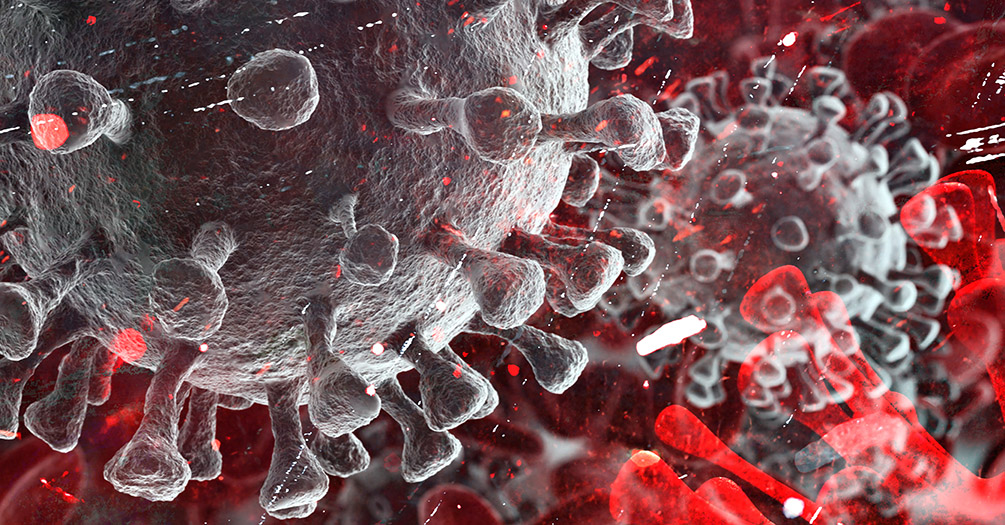Five Things to Know about the COVID-19 Vaccines

Across the United States and in many other countries around the world, COVID-19 vaccines have begun to be distributed and administered.
This week, the University of Michigan School of Public Health hosted a virtual discussion with epidemiologists Arnold Monto and Emily Martin on what we currently know about the COVID-19 vaccines. Here are five key takeaways from the event.
We still don’t know how long immunity will last
How long the vaccines will offer protection against COVID-19 has yet to be determined, but Monto predicts immunity will not be long term and people will likely need booster vaccinations going forward. He also notes that based on what we know from other viruses—such as the flu—once someone has been vaccinated, any reinfection is typically not as severe. The experts emphasized that this is not only important for those who have not had COVID-19, but even for those who have gotten the virus in the past.
"There’s no downside to being vaccinated...The benefit of the vaccine so far far outweighs the risk in the face of what we've got going on. People should get vaccinated without concern,” Monto said.
The virus is mutating, but that does not mean the vaccine will be less effective
Recent news on a new variant of SARS-CoV-2, the virus that causes the disease COVID-19, has left many in question on what this means for the vaccines currently being distributed across the country.
Martin explained that mutations in viruses are common. “Viruses, especially these kinds of viruses, are always mutating and changing. This is sort of a natural process.”
“Mutations make it so that the virus is particularly good at sticking to the cells and spreading, but it doesn't change the way the body reacts to the virus. So at this point there's not any concern on the table about the vaccine not working on mutated forms,” she adds.
Vaccine distribution varies
The exact distribution of the COVID-19 vaccines varies greatly. However, Martin provided a key message as vaccines become increasingly available to a larger portion of the US population.
“There's a lot of questions about how to find out where we are in the vaccine distribution process, and how to get instructions on where to get a vaccine. The best source of information is going to be the website for your county health department,” Martin said.
What vaccines are coming?
What's next? Monto predicts we will see the authorization of two additional vaccines in the US soon.
“The Janssen vaccine is probably going to come up [for authorization] in February and then later the AstraZeneca vaccine, which has already been approved in the UK,” he said.
Monto also emphasized during the event that current vaccine success can partially be attributed to researchers discovering that one component of the virus, the spike protein, seems to be related to the development of protective antibodies. So far, the target of all vaccine production has been geared toward this spike protein.
The COVID-19 vaccine is safe and effective
Both Monto and Martin underline the vaccine’s safety and effectiveness. Monto highlighted the risk of severe side effects from the vaccine are rare, and most will only encounter common side effects such as pain and swelling at the injection site or tiredness, chills, and headache.
“I don't think there's safety concerns that we really have to be worried about when we know we have a 95% vaccine efficacy. There is always the possibility of infrequent side effects, but as long as those side effects are not severe, this isn't really a concern,” Monto said.
“With modern technology, vaccine producers and those who've received the vaccine are doing regular reporting on their side effects and any effect they've had from the vaccine for weeks after they get it. We're getting that data in real time now,” said Martin.
